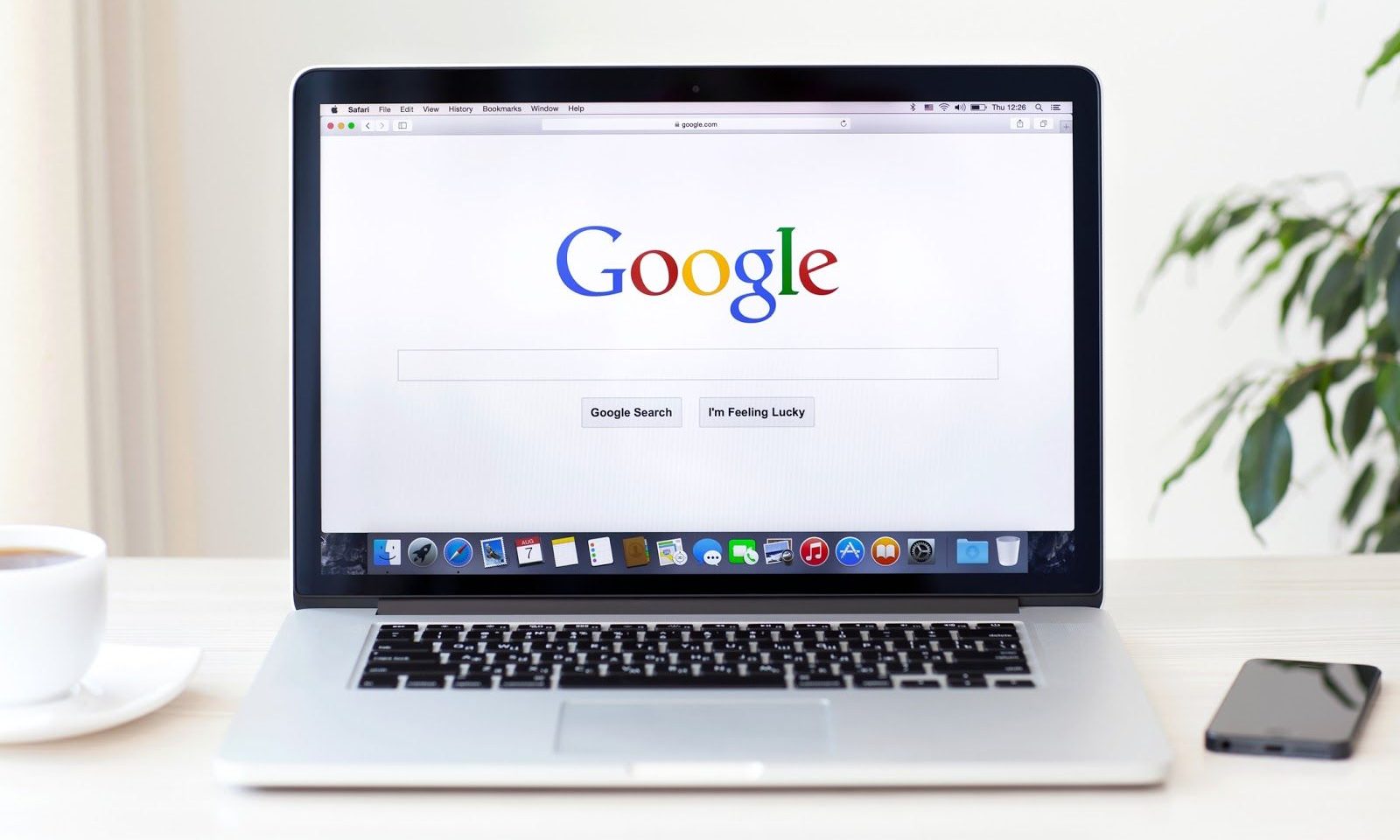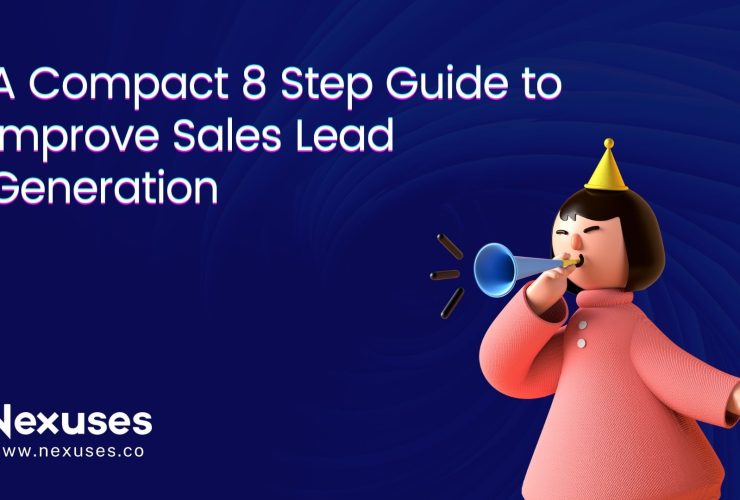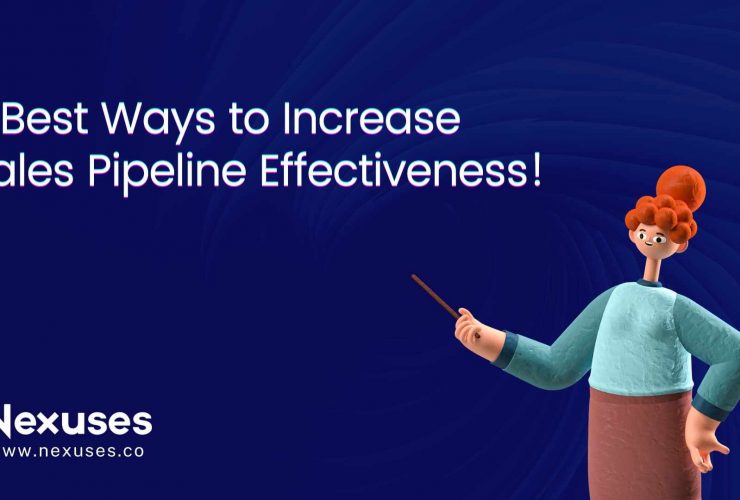
Search Engine Optimization( SEO ) and Pay Per Click ( PPC ) are the most common types of campaigns you will find within a digital marketing strategy — but what exactly are they?
Is it necessary to do both?
If you are on a tight budget, which one should you prioritize?
Here, In this post, we talk about the strengths of each campaign type and explain under what circumstances you might choose one over the other.
What is Search Engine Optimization & Pay Per Click?

- SEO, or search engine optimization, is the everlasting process of enhancing a website and it’s content to rank for desired keywords on search engines such as Google and Bing. SEO is technically “free” — although you do have to put in the time, money, and resources to doing the actual work to improve your rankings.
- PPC, short for “pay-per-click,” is an online advertising model used on search engines like ( Google and Bing) and social media platforms like ( Facebook and LinkedIn). With PPC, you have to pay to play — but as the name suggests, you have to pay only when a user actually clicks on one of your ads.
Search Engine Optimization and Pay-Per-Click both have their fair share of pros and cons, which is why we often hear clients ask:
”Is it better to focus on SEO or PPC?”
Generally, when we are asked this question, our team usually answers with the following:
We generally recommend running SEO and PPC campaigns together as they complement each other very well. However, we understand this is not possible (or even necessary) for every business out there. Many businesses have limited budgets and resources that force them to choose between SEO and PPC.
So, if that is the case for you, you might be wondering which one should be prioritized? There is no simple answer because it depends on the unique goals of your business and your historical digital marketing efforts.
When Is It Best To Use SEO?

SEO refers to a group of techniques that are aimed to propel a website to the first page of the major search engines like Google or Bing.
SEO is very crucial for online businesses, as statistics show that 80% of the traffic that can be generated for any website will come from the search engines.
The biggest search engine is undoubtedly Google, which caters to more than 3.5 billion searches per day; hence, most SEO campaigns target this specific search engine.
So, when should you choose SEO techniques over PPC? Below are some circumstances when SEO would prove highly beneficial for your online business.
- When consistent results are desired. SEO has a relatively long gestation period. Getting to the first page of search engine results will not happen overnight or even in a week. Getting to the top of the SERPs will take time. However, once your website gets to the top there via SEO, you will enjoy sustained traffic. Also, if you keep up with your SEO campaign, working to maintain and improve results, you can stay on top for a long period of time and reap long-term benefits.
- When you wish to build an authority site. An authority website serves as an established resource center for a particular niche. It is the “go-to” website whenever members of that niche require certain information. An authority website, once it starts to gets going, soon be able to generate lots of traffic based on URL recall alone. The best way to establish an authority website is by sustainably generating traffic to your webpages, eventually building up a reputation until it becomes popular enough to dominate the market. The only way to sustainably generate the traffic required is through quality content powered by smart SEO planning.
- When you want to increase the value of your website. Websites are virtual real estate. If you are planning to sell your website for a premium price, you have to increase its worth. There are numerous factors that can contribute to increasing its value. Among them is the amount of traffic generated, consistency of traffic generated, page rank, search engine rankings over a period of time, link popularity, and the like and all of these fall in the realm of SEO.
Keep in mind that SEO isn’t “Free Clicks”. It is a tremendous amount of work in creating and promoting content which is time-consuming and money.
When Is It Best To Use PPC?

Now we move over to the other side of the SEO vs. PPC debate.
Pay-per-click marketing is a practice of advertising on search engine results pages. Basically, you bid to have your advertisements appear in the sponsored results when someone types in a query including your keywords.
Why is it termed as “pay per click”? Because you have to pay for every user who clicks on the advertisement you are promoting.
Popular PPC advertising platforms include Google Ads (AdWords), Bing Ads, and Facebook’s advertising platform. Niche-specific PPC systems also abound. One example is PlentyOfFish.com’s advertisement option, which works wonderfully with dating offers.
So, when should you choose PPC marketing? Below are some circumstances when PPC would prove highly beneficial for your online business
- When immediate results are desired. PPC delivers results fast. Very fast! You can count the minutes before a rush of visitors come cascading to your webpages. This is because the moment your PPC campaign is approved (provided that your bids are high enough to merit priority placement), your advertisements will immediately be displayed for millions of people to view. The traffic will almost be instantaneous. Hence, PPC works awesomely well with product launches, squeeze pages, CPA marketing and affiliate marketing involving high converting offers, joint venture (JV) projects, seasonal promotions, event-focused marketing, last but not the least analogous online business campaigns.
- When highly targeted traffic is sought. Unlike SEO, PPC marketing will allow you to slender down your prospects based on their demographic data. Many PPC platforms, like social media sites, allow you to reach to the age range, gender, income bracket, education level, and even marital status of the people who will be able to view your advertisement. Well-known social media sites like Facebook also allow you to target people based on their hobbies. These make Pay-Per-Click a substantial way of reaching the narrow band of people your business needs and leading them to your web pages.
- When promoting a time-sensitive offer. Marketing products, services or events with an expiration date is always a race against time and money. Often, the long gestation period of SEO campaigns would produce delayed results. For these time-sensitive offers, PPC marketing would be perfect. Hey, are you promoting an offer that will end in 2 days? No problem! the traffic you need will come in a matter of minutes.
- When your website is not designed for SEO. SEO requires content-rich websites that need to be regularly updated. This is the only way to 1) inform the search engines that your website is relevant, and 2) remind the search engines to position your site at the top of the list. Some websites are not designed for this. Squeeze pages, for example, does not have the required content to even merit a second glance from Google. For websites such as this, traffic can be easily generated from PPC campaigns.
- If you want to dominate search results for your keyword category. PPC results are displayed right above the organic search results. This prominent position implies that in many cases, as much as 50% of the search traffic goes to the top 3 sponsored links. Being absent from PPC you will be conceding the loss of all those clicks to your competitors. If you are not serious about maximizing your click-share of available searches for keywords relevant to your business, you absolutely must engage in PPC!
Nurture your SEO leads with PPC remarketing.
Lastly, you can use both SEO and PPC strategies together to nurture leads at various touchpoints. Say anyone who finds your blog through a search engine and consumes some top-of-the-funnel content. You can make the use of PPC remarketing through the Google Display Network, Facebook, or another third-party advertising service.
Use these advertisements to only target people who have visited your site and/or consumed specific content and it should not take up too much of your advertising budget. That is the beauty of PPC — you can control exactly who watches your ads and how much you spend to achieve it. And since you are focusing on warm leads with your remarketing ads, there is more opportunity to drive revenue from your investment.
Wrapping Up
Even if you do not have the budget or resources to invest fully in PPC or SEO, that does not imply you have to pit them against each other. Both strategies have their strengths and weaknesses, so smart marketers use both in unison to fill in the gaps and develop a robust search engine marketing strategy universally
SEO is the best when you are trying to build a loyal audience for your business. But, you must also complement it with PPC campaigns to keep the shorter-term conversions flowing. Last but not the least, you must test the results to choose the most suitable combination based on your requirements.
Looking For Marketing partner to handle SEO and PPC campaigns for your business?
Look no further…!
Connect with an Expert now.





